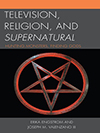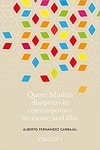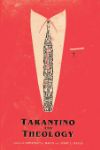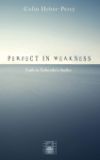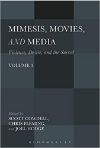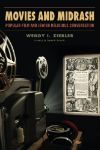- Author(s): Carl Laamanen
- When: 2016-04
- Where: Journal of Religion & Film
In this article, I argue that the 2009 film, Vision: From the Life of Hildegard of Bingen, presents an example of feminist filmmaking that seeks to draw viewers into spiritual identification with the protagonist, 12th-century mystic Hildegard, through its narrative and formal techniques, encouraging the audience to share in Hildegard’s visionary experiences. The film does so in an explicitly feminist way, drawing upon unconventional visual and sonic aesthetics to highlight the power and authority of Hildegard’s spiritual experiences. In particular, Vision’s use of music and sound points toward a conception of feminine spirituality that values the subjective, experiential, and holistic. Ultimately, Vision offers an example of a feminist film that interacts positively with religion and demonstrates how the cinema can open up a space for the religious and spiritual experiences of women to not just be seen or heard, but experienced.


